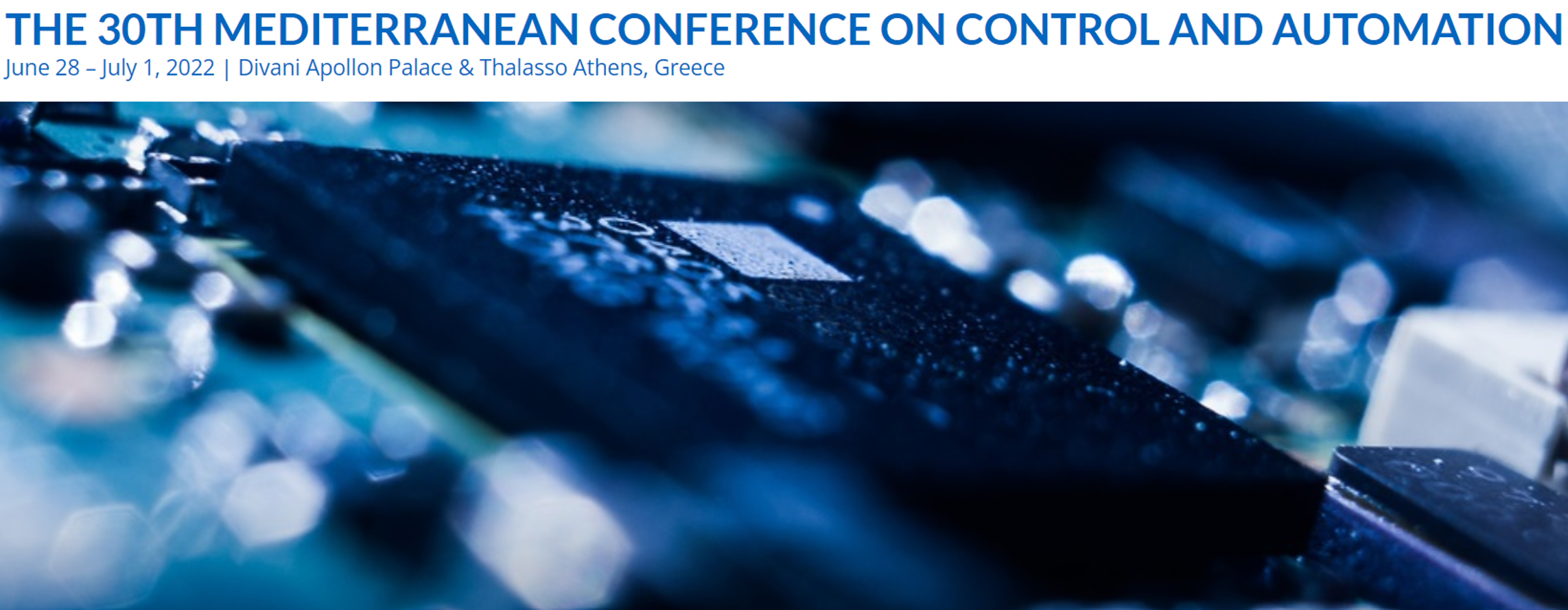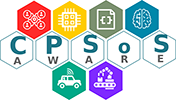
MLPS2022 “Multimodal Sensing for Localization, Planning and Scene Understanding”
“Multimodal Sensing for Localization, Planning and Scene Understanding“
Organized in the context of MED2022 “30th Mediterranean Conference on Control and Automation“
Autonomous driving has recently emerged as a keystone problem for computer vision and machine learning, attracting considerable interest in both academia and industry. Besides being a rich source of research problems for visual perception, learning, mapping and planning, it is also poised to have immense societal and economic impact. Even though there are many remained challenges to be addressed, what has been already achieved technically is significant and remarkable. Several large efforts from the automotive industry have projected imminent deployment of Level 3 autonomous systems, with a few efforts also geared towards Level 5 autonomy in the near future. Apart from the highly diverse and dynamic use cases that need to be considered, the runtime efficiency is also a key factor to allow the deployment of complex theoretical models on real time architectures and on platforms with heterogeneous components (processor cores, GPUs, FPGA fabric, software stacks).
Recent arts have formed a foundation for the modern 3D sensing, which can solve the problem of environmental modeling by either utilizing geometric constraints or power of deep network structures to accurately model and interpret the 3D scene. Furthermore, also point out that robust autonomous driving solutions stem as joint inference of 3D scene structure, semantic modelling, localization and planning. This also resembles what human vision does; even leverages the sensing solution to a higher level of application, which simultaneously and dynamically optimize motion planning and SLAM. In fact, this makes the problem more complex in modelling but showing the great results in real-life applications and concretely autonomous driving. These trends are new and interesting. In this workshop, we encourage contributions on the core technology on 3D multimodal sensing, for scene reconstruction, understanding, localization, and planning as well as on proposing innovative and application-aware benchmarking approaches.
We encourage submissions of original and unpublished work in the area of sensing for Autonomous Driving:
- Dynamic 3D reconstruction, SLAM and ego-motion estimation
- Novel concepts of incorporating certain place recognition in SLAM / navigation systems.
- Exploiting semantic information for long-term place recognition.
- 3D scene understanding, object detection and recognition in road scenes.
- Deep learning for environmental modelling and road scene understanding.
- Use of emerging sensors (e.g., multispectral, RGB-D, LIDAR and LADAR)
- Fusion of RGB imagery with other sensing modalities
- Design and development of robust and real-time architectures.
- Deep multi-modal learning accelerators for obstacle detection and tracking.
- Real-time hardware acceleration of object detection for intelligent embedded vision systems
- General problems of path and trajectory planning for autonomous Driving
- Motion Planning.
- Distributed Perception for MR and MAS Trajectory planning
Important dates
Contributed Papers / Invited Papers / Invited Session Proposals / Tutorial and Workshop February 20, 2022 [extended]
Proposals, Due
Acceptance / rejection notification April 15, 2022
Upload final, camera ready papers May 10, 2022
Early registration April 15 – May 10, 2022
Conference days June 28 – July 1, 2022
